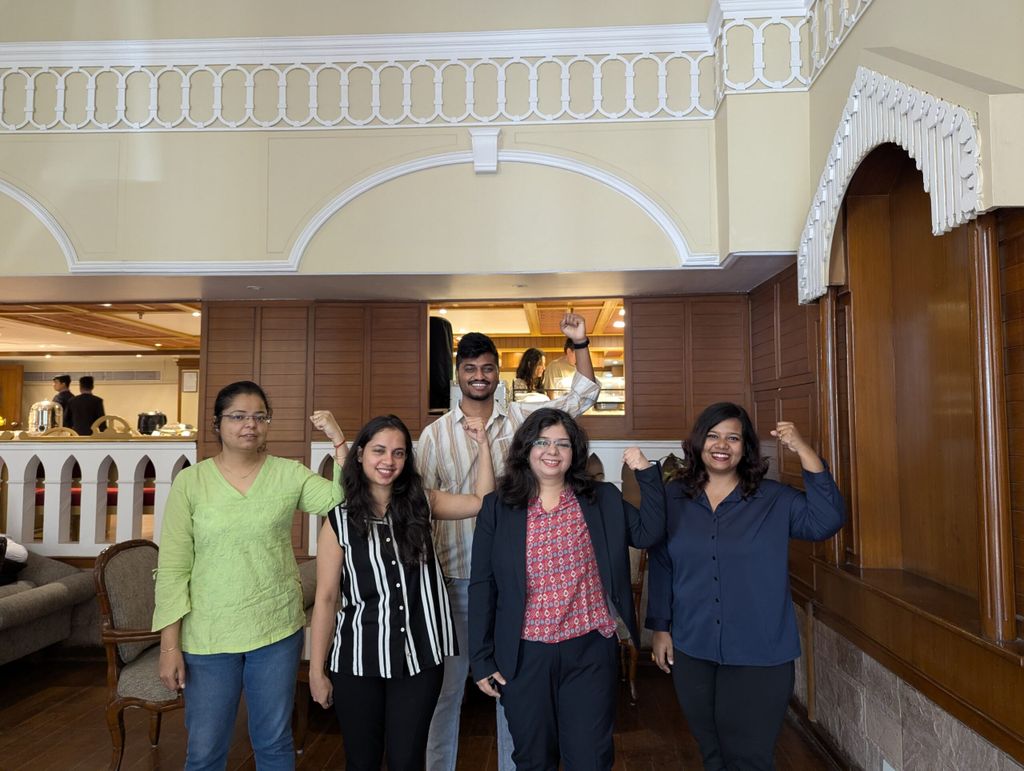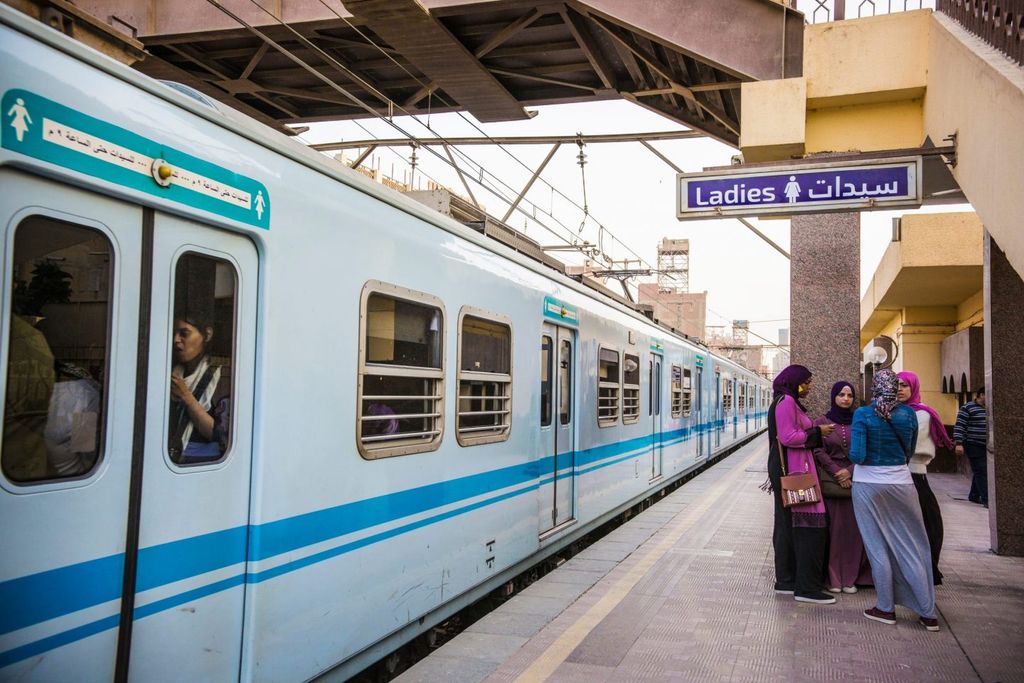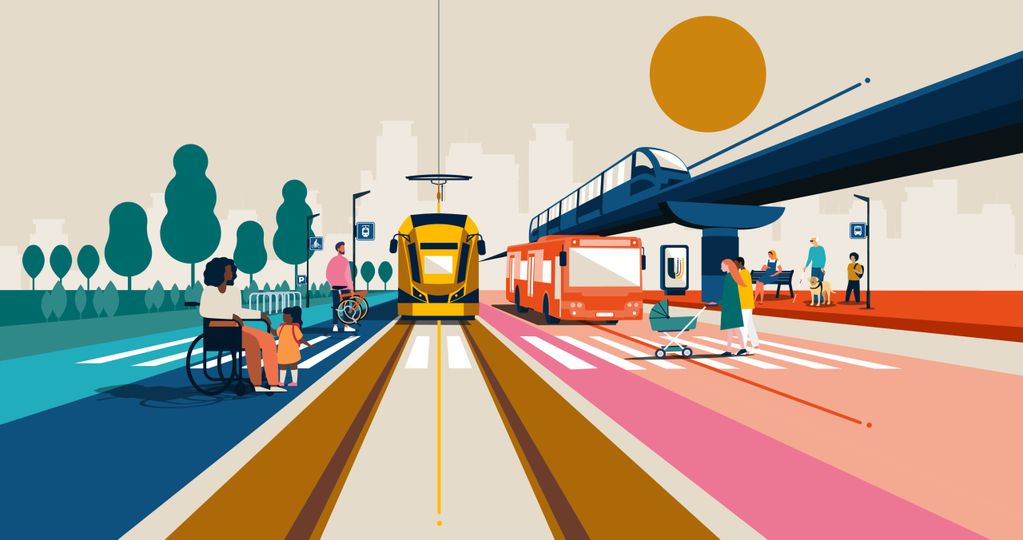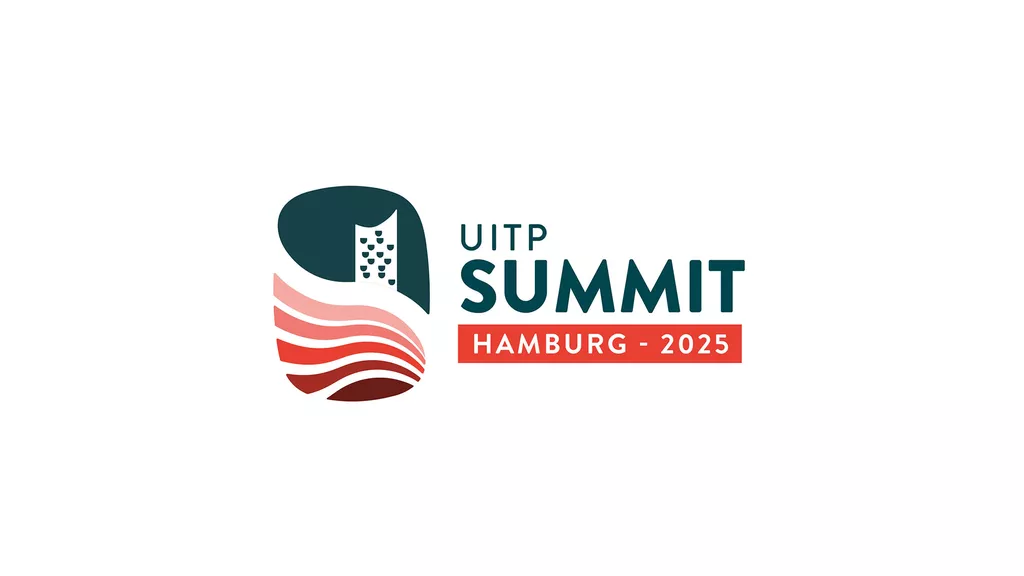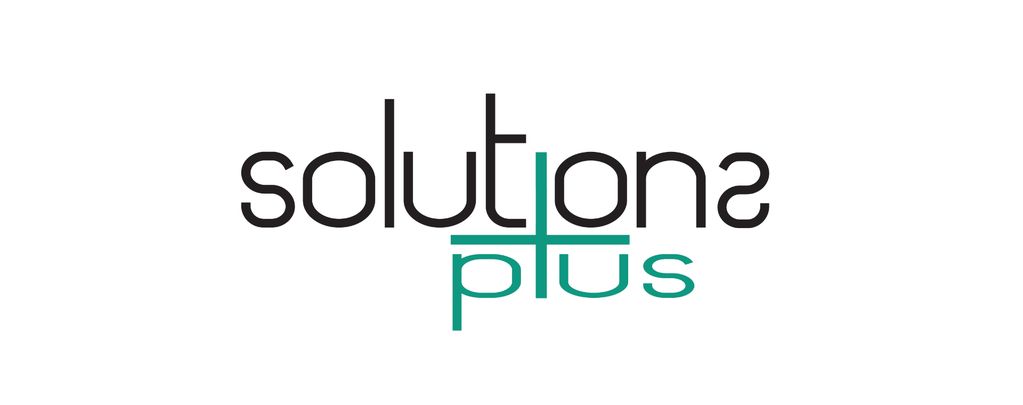
SOLUTIONSplus Project Concludes with Milestone Final Event in Brussels
How urban e-mobility can contribute to climate goals
Driving the future of urban mobility, the SOLUTIONSplus project set out to revolutionise sustainable transport through innovative electric mobility solutions. By increasing the availability of electric vehicles and enhancing their integration in large urban areas, the project addressed local conditions and user needs across Europe, Asia, Africa, and Latin America.
Coordinated by the Urban Electric Mobility Initiative (UEMI) and funded by European Union’s Horizon 2020 research and innovation programmeSOLUTIONSplus spanned from January 2020 to June 2024. The project established a global platform for shared, public, and commercial e-mobility solutions, initiating a transition towards low-carbon urban mobility. This included city-level living labs of e-mobility solutions, supported and complemented by capacity building, replication activities and co-funding schemes.
Bringing together 45 stakeholders from various sectors, such as cities, mobility operators, industry leaders, researchers and international association with a focus on sustainable urban development, SOLUTIONSplus aimed to deliver ambitious goals through collaborative efforts. Partner cities provided direct co-funding, while close collaboration with the UN Environment Global Electric Mobility Program enhanced the project’s global impact.
As a project partner, UITP organised and delivered a series of comprehensive training programmes designed to build capacity among public transport authorities and operators, addressing both national and regional needs. UITP organised six training sessions with over 180 attendees in total. These sessions aimed to enhance participants’ understanding of electric bus procurement, planning and funding.
The training programmes were highly interactive, and in some cases, combined with a larger national event on e-mobility. This format facilitated high-level discussions and knowledge exchange, making the most of international travel and bringing together diverse stakeholders. UITP also participated in the Solutions+ Global e-learning programme, and organised several peer-to-peer visits of e-bus depots in various European cities.
In addition to these capacity-building activities, UITP also supported the organisation of the final event for the SOLUTIONSplus project, which brought together key stakeholders to discuss the project’s outcomes and future directions. This event served as a platform to showcase the project’s achievements and set the stage for future initiatives in sustainable urban mobility.

Living labs and key outcomes
The event highlighted the results from the SOLUTIONSplus living labs, which were city-level demonstrations conducted in various cities worldwide, such as Hanoi, Pasig, Kathmandu, Kigali, Dar es Salaam, Quito, Montevideo, Madrid, Nanjing, and Hamburg. These presentations provided insights into the innovative and integrated e-mobility solutions tested in these urban areas, emphasising the unique challenges and successes encountered in each location. The living labs demonstrated the practical applications of e-mobility solutions and their potential for scalability and replication.
In Asia, notable projects included four-wheeler demonstrations in the Philippines and three-wheeler initiatives in Vietnam, leading to the development of a policy guide and a national conversion plan in the Philippines. Capacity building efforts focused on electric two-wheelers, incorporating peer learning and detailed studies. Challenges addressed in these labs ranged from legal barriers and a lack of technical norms to insufficient testing and permitting procedures.
In Latin America, the living labs featured two demonstrations and eight replication projects across the region, developing roadmaps for six cities. Key initiatives included logistics, e-buses, Mobility as a Service (MaaS), and multimodal charging hubs, along with capacity building, technical advice on retrofitting, and peer-to-peer engagement to involve local stakeholders.
In Africa, the focus was on electric two- and three-wheelers, with a gender aspect highlighting women drivers. Capacity building efforts included personal rapid transit (PRT) electrification, peer learning, and studies on EV charging infrastructure, battery swapping, and battery management. The Africa e-mobility Forum addressed data issues and worked on policy environments at national and local levels, emphasizing legacy and handover learnings.
In Europe, the demo focused on last mile mobility solutions in Hamburg, and on the testing of a new charging solution in the EMT e-bus depot of Carabanchel, Madrid.
Panel Discussions and Future Directions
The event also included panel discussions on scaling up and replication of successful e-mobility solutions. City partners from Madrid, Dar es Salaam, and Montevideo shared theirfuture plans for taking forward the results achieved in SOLUTIONSplus and how the experience gained and the dialogues initiated can successfully contribute to achieve the local sustainable mobility strategies.
UITP’s Deputy Director, Knowledge & Innovation, Michele Tozzi participated in a panel discussion, emphasizing UITP’s engagement in capacity building activities supporting the adoption of zero-emission vehicles around the globe and advocating for decarbonization strategies. He specifically stressed how the achievements of SOLUTIONSplus pave the way for the co-development of replication activities on electric and innovative BRT. These will be organised in Latin America and Africa in the frame of the eBRT2030 project, coordinated by UITP.


